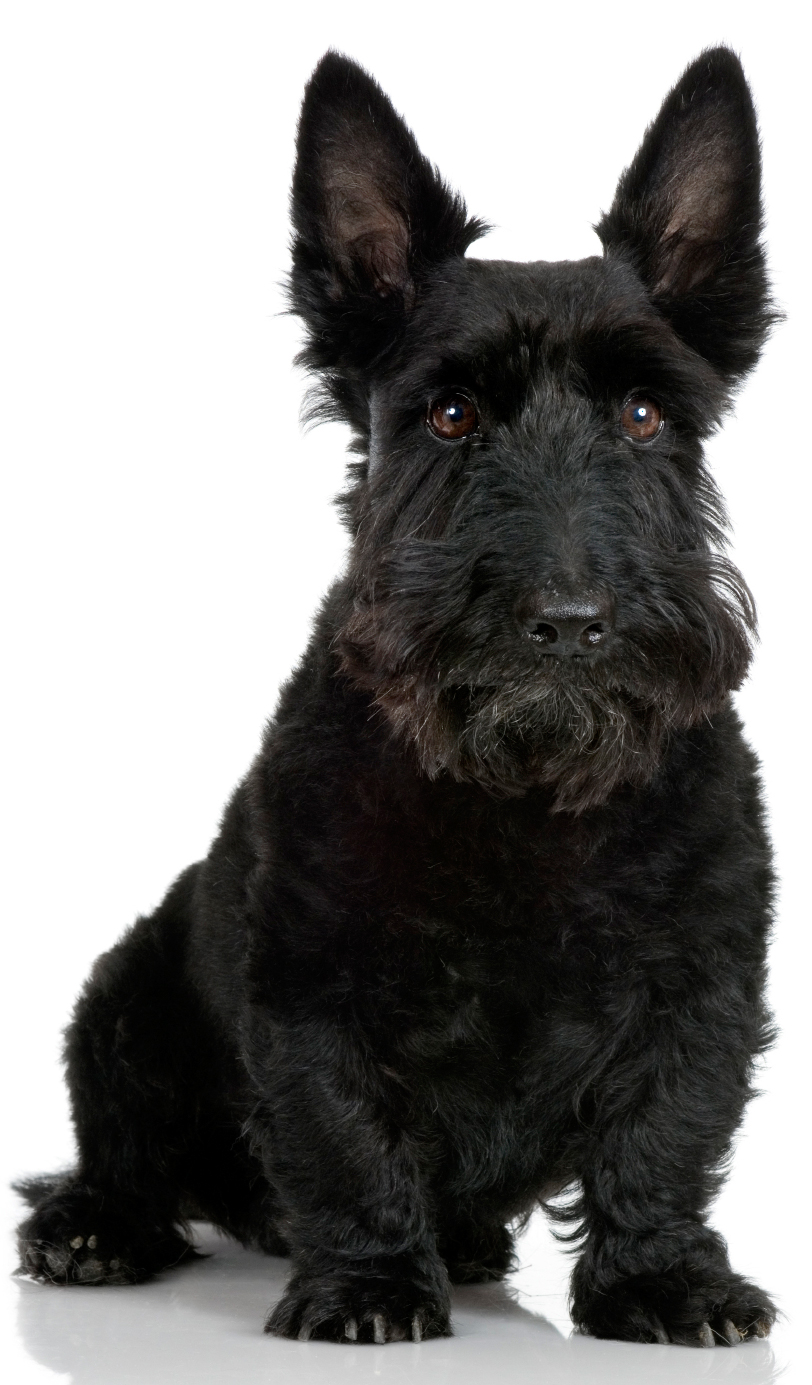Animal Naturopaths View on Canine Lipomas
December 20, 2011 by admin
Filed under Natural Cancer Cures for Dogs, Uncategorized
Veterinarian Advice on Canine Lipomas
The following article was written by Dr. Michael Watts (Star Exponent.com, 18.10.11):
Q: My dog has developed a fatty tumor on her back leg that doesn’t seem to bother her. My veterinarian says it is probably a lipoma. What are lipomas and where do they come from?
A: Lipomas are well-encapsulated, benign tumors made up of fat tissue. They are reported to occur in 16% or more of dogs. They are more common in middle aged or older dogs and may be more frequent in overweight pets. Lipomas can be found anywhere in the body, although most commonly occur under the skin of the trunk or limbs. Like most tumors, the exact cause is not known. It is probably a combination of genetic and environmental factors.
“Like all benign tumors, lipomas do not spread to other places on the body. However, sometimes they still cause problems. If located in a high-motion area, like under a leg, a large lipoma can interfere with mobility. Lipomas inside the skull can push on the brain and cause neurologic symptoms. Lipomas in locations prone to trauma or that press on nerves or muscles can cause pain. The largest lipoma I have ever removed was the size of a basketball. Obviously it was causing distress to the dog, despite being technically benign. If a lipoma causes symptoms, it should be removed. Complete excision is curative. Most lipomas do not cause problems and can be safely left alone. Before treating with “benign neglect,” however, it is important to differentiate lipomas from more serious imposters. Infiltrative lipomas are not encapsulated and can spread between tissue layers deep into the body. Infiltrative lipomas are difficult to cure without limb amputation, although early excision offers the best hope.
Liposarcomas are cancerous “fatty masses” that can spread throughout the body. Liposarcomas are typically fatal. Mast cell tumors are benign-looking skin cancers that can be mistaken for lipomas. In a dog with any new mass, I recommend examination by a veterinarian. I typically recommend a fine needle aspirate and microscopic evaluation of the cells. With this technique, I have caught several cancers masquerading as lipomas. Generally lipomas should be slow growing, should not bother the pet, and should not ulcerate to the surface. If that ever stops being the case, I recommend prompt excision of the mass and a full biopsy. Sometimes early diagnostics can miss important cells, leading to an inaccurate diagnosis. Other times, another type of tumor develops on the surface or nearby. As with any condition, the best advice is to have a close working relationship with your veterinarian and to have any new problem checked promptly”.
Animal Naturopath, Sar Rooney’s, View on Canine Lipomas:
Even though Lipomas are benign, as an animal naturopath, they always concern me as I believe that they are a sign that the body is out of balance. In my opinion, whenever you see the body ‘growing things’ such as lipomas, excessive moles, or other so-called harmless, benign growths (whether it is in dogs, humans or other animals), in my clinical experience these have often been signals that the dog or person may be at higher risk of cancer down the track if they don’t take measures to improve their health.
In my view, as an animal naturopath, Lipomas are often the sign of a congested lymphatic system which requires dietary and lifestyle changes to allow the lymph system to function better. An example of this is “Kia” a little mixed-breed dog we rescued many years ago. “Kia” was kept with another dog in a small wired enclosure that had a sandy, dusty floor. Every time one of them moved, there was a big cloud of sand dust that filled their lungs (and congested their lymph system). In addition, she was being fed poor quality canned pet food and dry food. When we rescued her, Kia had a massive lipoma on her side and 2 smaller ones.
Once at our place, Kia was fed an all-natural balanced diet; was given some lymph-clearing herbs and nutrients and was not exposed to any excessive dust or sand or any toxic chemicals – which allowed her lymphatic system to clear on its own. Her lipomas disappeared within around 12 months. That was about 11 or 12 years ago and Kia is still with us – running around our backyard as happy as ever! Even though she’s quite old now she doesn’t have any arthritis or other so-called ‘age-related’ conditions that many older dogs have. My belief is that in many cases, the body will heal itself when it has the right tools to do so: Correct diet, the appropriate ratio of nutrients, herbal medicines, sunlight, filtered water, exercise, low stress, etc and Kia is a great example of this.
If you find a lump on your dog, seek veterinarian advice as soon as possible to gain a diagnosis. If your veterinarian diagnoses a lipoma and is happy to collaborate with a qualified animal naturopath, you may want to consult an animal naturopath for advice about which nutrients and herbs would be best for your pet, to help increase their lymphatic and immune system function and help their body to heal.
Yours In Great Health,
Sar Rooney BHSc., DC., ND., DASc., GDSc. (Hons) Zoology, MHATO, MATMS Naturopathic Practitioner, Researcher, Lecturer, Canine Naturopath Science-Based Naturopathy for Canine WellbeingCanine naturopathic health care with a clinical focus on skin conditions, inflammatory bowel disorders, chronic infections, arthritis and disease prevention.
Helping dogs achieve optimal wellness with personalised, professional naturopathic health care and individually-prescribed high-quality herbal medicines and supplements
Naturopathic Animal Services W: www.animalnaturopath.com.au E: [email protected] FB: http://www.facebook.com/DogNaturopath
Appointments are available by email, phone & skype
Want to keep up to date on the latest in dog health? Join me on Facebook:http://www.facebook.com/DogNaturopath
Disclaimer: The information provided is not intended to replace any veterinary or medical advice or treatment.


